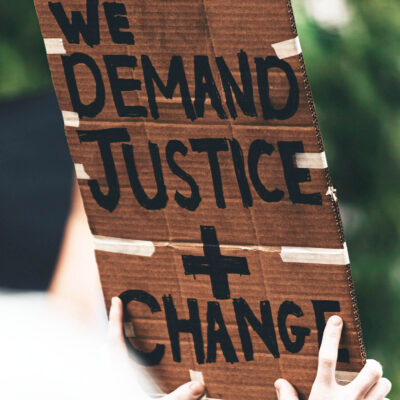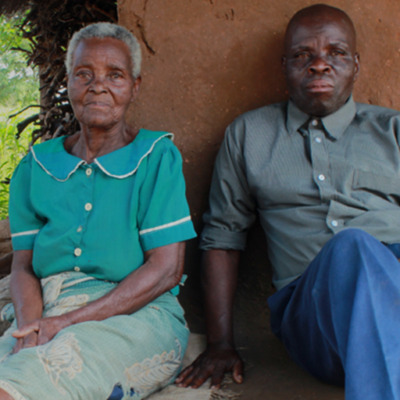On August 28, 1991, Byson Kaula was helping Makiyi Thomson to the bathroom. Makiyi was ill and couldn’t walk on his own, so Byson was carrying him. While walking down some steps, Byson slipped and fell. Makiyi hit his head, and later died in hospital.
Byson was imprisoned for murder but wasn’t tried until 1999. At trial, Byson was sentenced to death. His mother, Lucy, said that ‘Tears rolled from my eyes down my chest,’ when she heard the verdict.

Death penalty: Official record of opposition
On average, an execution takes place somewhere in the world every 18 hours.
Add my nameByson Kaula was born in Malawi in 1954. He worked in the oil industry and then became a full time farmer and preacher at his local church. He and his wife Rose brought up a family of eight children. The youngest of Byson’s children was just three years old when he was imprisoned.
At the time of Byson’s trial, Malawi had the mandatory death sentence – certain crimes carried the death penalty no matter the exact circumstances, and no matter what a judge thought. The court system in the country was established by the British colonial authorities to deal with minor cases and disputes. In the 1970s their jurisdiction was extended to include violent crimes, but trials in front of these courts didn’t conform to international norms for a fair trial.
Byson spent more than two decades on death row. In that time he was nearly hanged three times. On three separate days he was put on the list of people to be executed, told by guards that he should ‘just start praying,’ and made to wait for the executioner to work his way through the list. Yet each time the executioner stopped work for the day before he got down to Byson.
In 1994, political changes in Malawi meant that executions were put on hold. Byson was moved to the Zomba Central Prison. Lucy, his mother, managed to visit him every year – saving up her wages to make the journey to Zomba. They both thought that he would be there for the rest of his life.
But in 2007, a court ruled that all mandatory death sentences – like the one given to Byson – had to be reviewed. Along with Malawian government agencies and NGOs, we helped set up the Resentencing Project to review cases like Byson’s to make sure that people like him were able to have their death sentences reviewed. We found that more than 80 of the 160 prisoners who were entitled to a new sentencing hearing had no court record at all. And we investigated the circumstances of Byson’s so-called crime, to make sure that he could finally have a fair trial.
In 2015, after nearly 23 years on death row, a judge ordered Byson’s release.
He was free.
Byson was taken to a halfway house to help him learn new skills and make the transition back to normal life – no small thing after more than two decades in prison. Already in his 60s, he was the oldest person who had ever been at the halfway house. Byson now works there as a volunteer, advising and counselling other ex-prisoners who are going through the same experience. Byson also regularly visits prisons in order to preach and counsel inmates.
Byson’s wife, Rose, died while he was in prison. His children, now all adults, have moved away and built new lives. Byson lives on his own, but takes good care of his mother Lucy. “Being her first-born,” he says, “I would do everything possible for her. Now that I’m back, I don’t let her go farming or do hard jobs. I have got other people to do the jobs for her. She doesn’t go to the field. I do it myself.“
You can read more about Byson’s story in this BBC profile.
